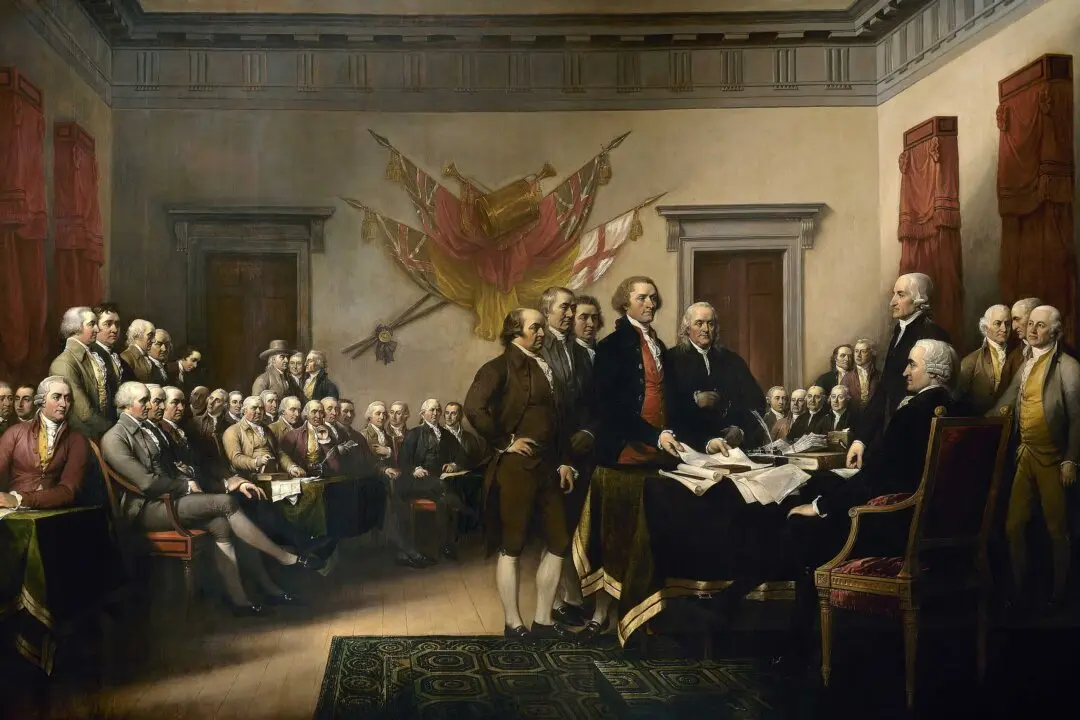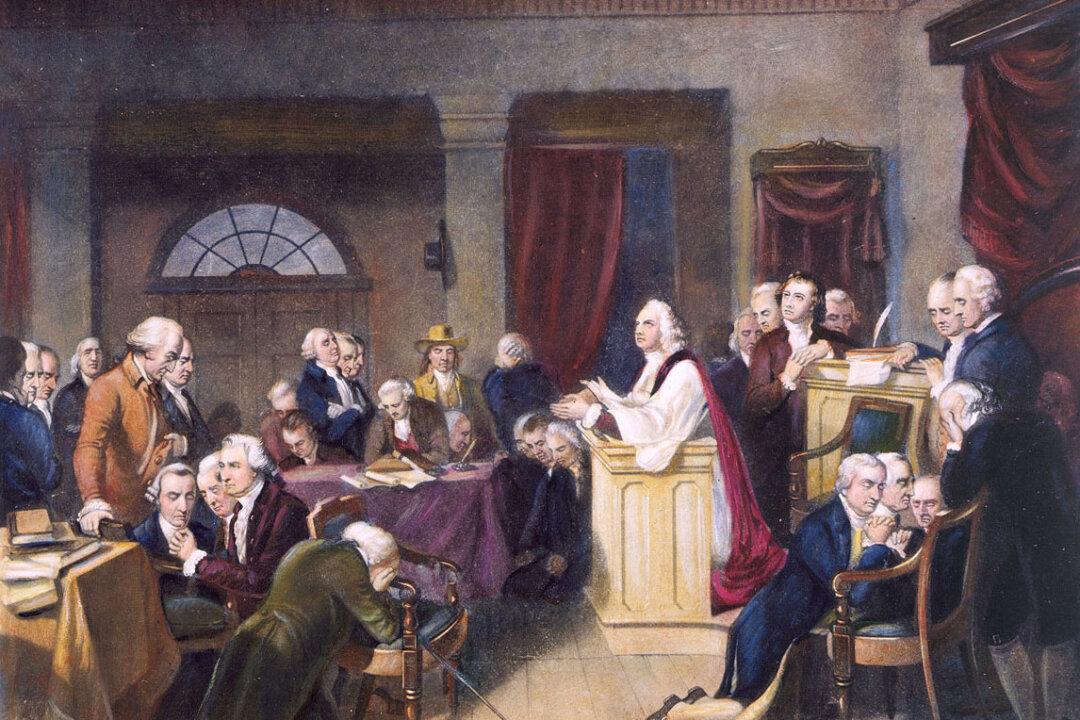Mao Zedong, chairman of Communist China from 1949 to 1976, published his Little Red Book in 1964 to kick off that country’s Cultural Revolution. U.S. Sen. Tom Cotton (R-Ark.) published his own little red book in February, “Seven Things You Can’t Say About China.”
Mao’s book is full of propaganda espousing the virtues of communism. Cotton’s book is a provocative exposé about the threat that the Chinese Communist Party (CCP) poses to the United States and the strategies that it is employing to replace the United States as the world’s premier superpower.






